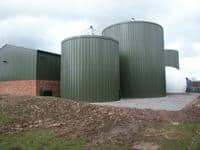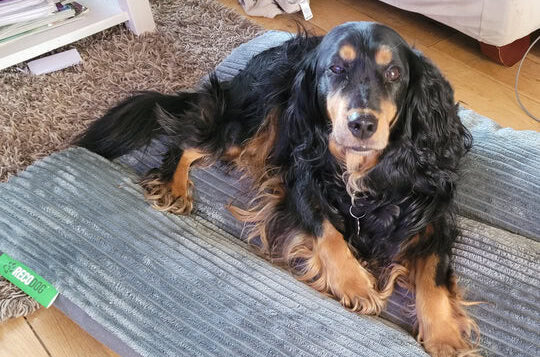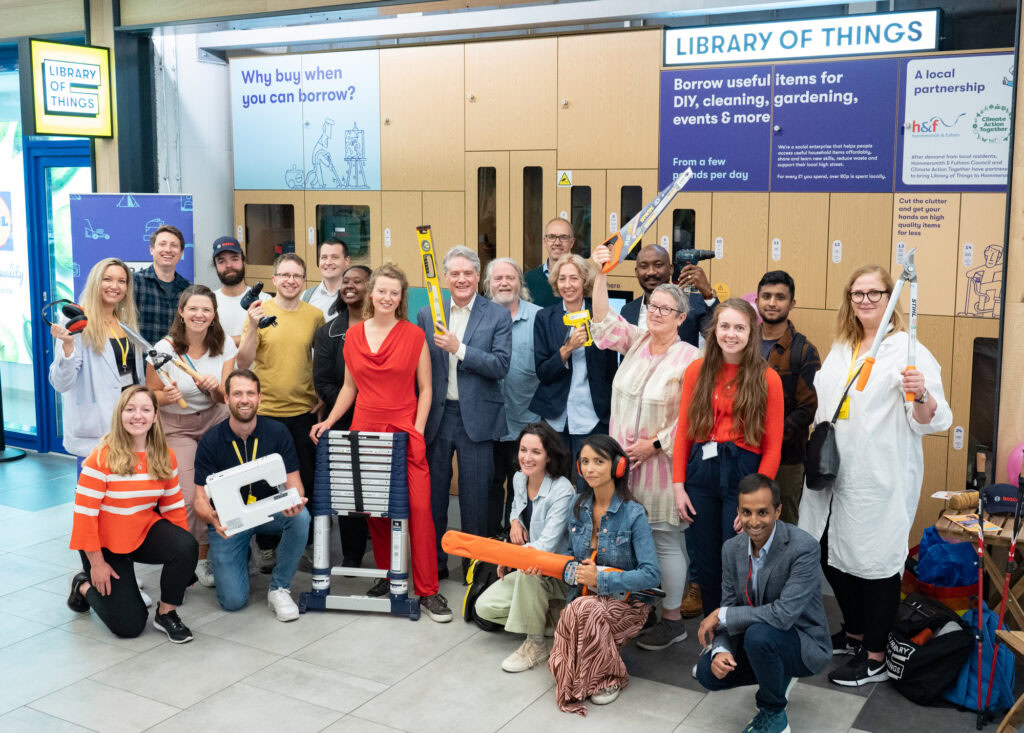Anaerobic digestion (AD) usually involves organic waste being broken down by bacteria within controlled tanks, generating a fertiliser material and a methane-rich biogas that be used to generate electricity.
Speaking to letsrecycle.com at a conference on food waste yesterday, Mike Dyer, special projects manager at Veolia said: “We have been working on the idea with Greenwich council for about a year. At the moment we are looking at all the available technology in the UK as well as using Veolia's international experience with AD as well. We are also looking at finding a suitable site in the Thamesmead area.
“Nothing has been established in terms of tonnage or the exact location and the timescale will be determined by the planning process,” he said.
Mr Dyer explained that the size of the facility was an important consideration for Veolia, saying: “If every household produces 2 kg of food waste you have to match that to the catchment area and size of the facility; the larger the facility, the cheaper the process. At the moment we are trying to deliver an affordable package for the client.”
Although the project was originally proposed by Greenwich council, nearby Bexley council is also now involved. The council's head of waste and recycling, Stephen Didsbury, revealed the project at yesterday's WRAP food waste conference at the Department of Business, Enterprise and Regulatory Reform in London.
Bexley currently offers residents a commingled food and green waste service, which is sent to be processed in an in-vessel composting facility (IVC).
Mr Didsbury said: “IVC was the best technology around five years ago, but we have to move on. We are also talking to local prisons in the area to see about the possibility of taking the heat produced at the AD site.”
Mr Dyer said Veolia was now looking at the collection possibilities for the project, such as whether to collect food waste separately from green waste, which he suggested might give the scheme more flexibility.
“Having an AD and IVC on the same site is also a possibility. We still have a long way to go.” He added.
Food waste
The conference tied in with last week's launch of WRAP's “love food hate waste” campaign to encourage householders to become less wasteful (see letsrecycle.com story).
Dave Mansell, recycling development officer at Somerset county council also spoke at the conference in favour of anaerobic digestion ahead of in-vessel composting for food waste. He said: “IVC works for food waste but it's not perfect. I think AD is the way to go.
“The issue with using IVC to process commingled food and green waste is if there is a food waste rich mix. We tried to do a 50/50 mix but we had to up the green waste to make the correct structure and garden waste doesn't need the amount of treatment that food waste does, to reach Animal By Products Regulations so it is a waste of effort.
“We have also ended up with odour issues, due to the high food waste mix and moving the waste from one barrier in the compost process to the next. AD is much more suited to a wetter waste stream.” He said.









Subscribe for free